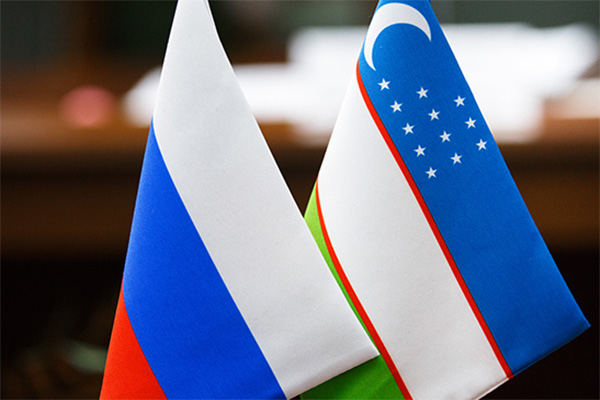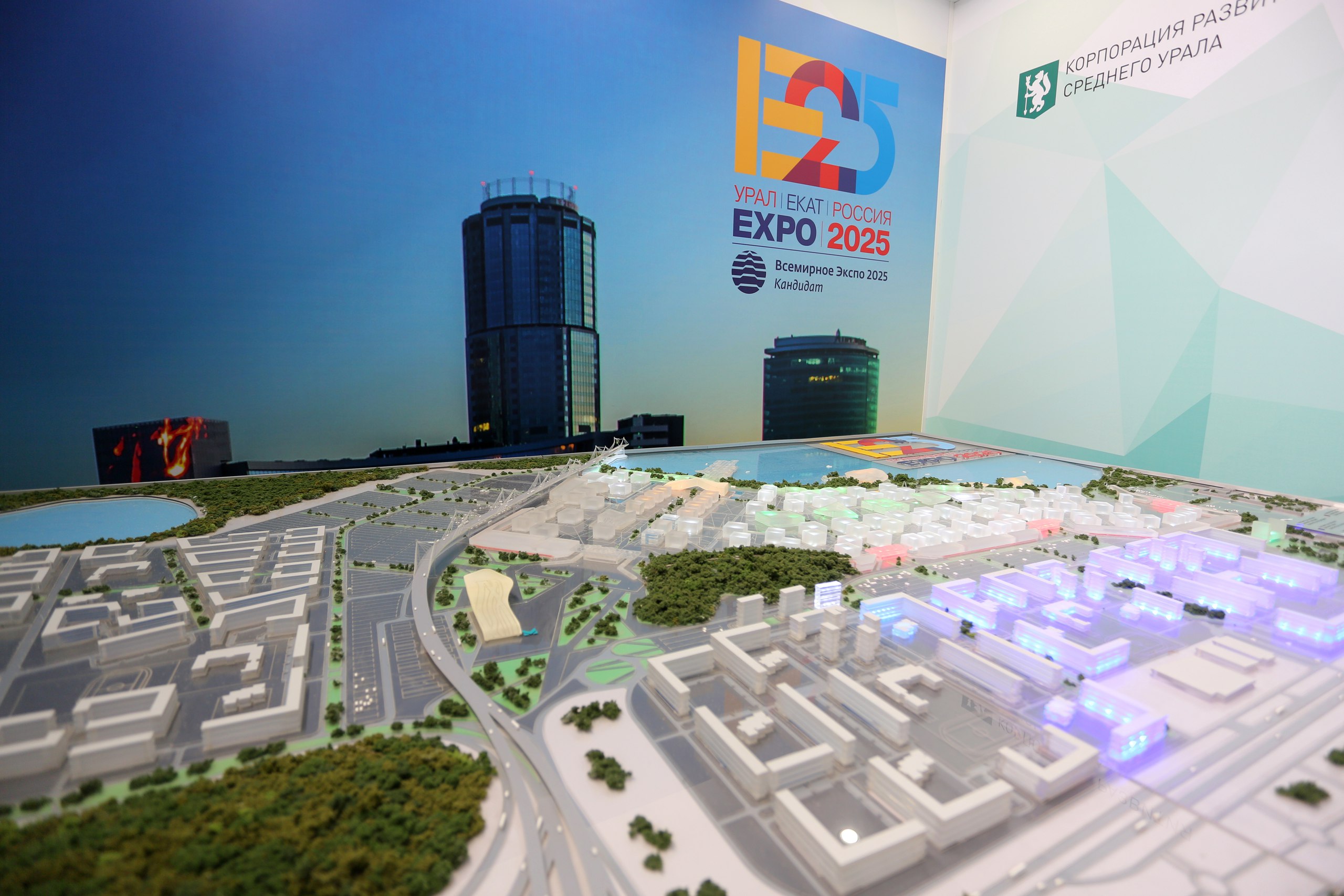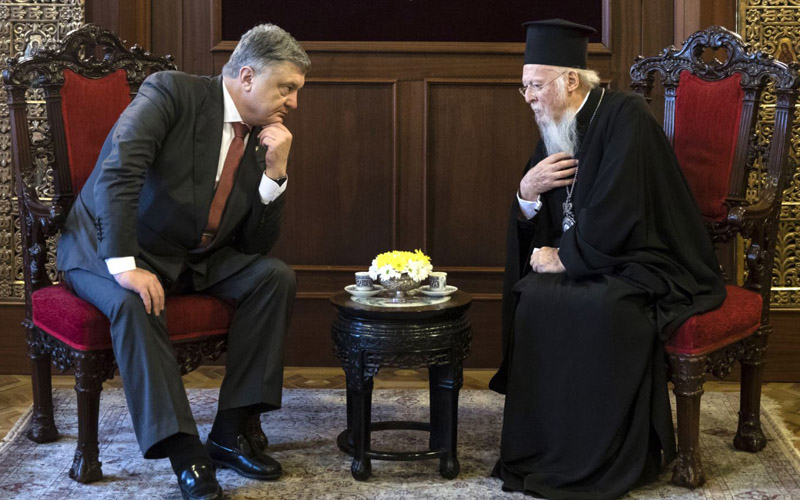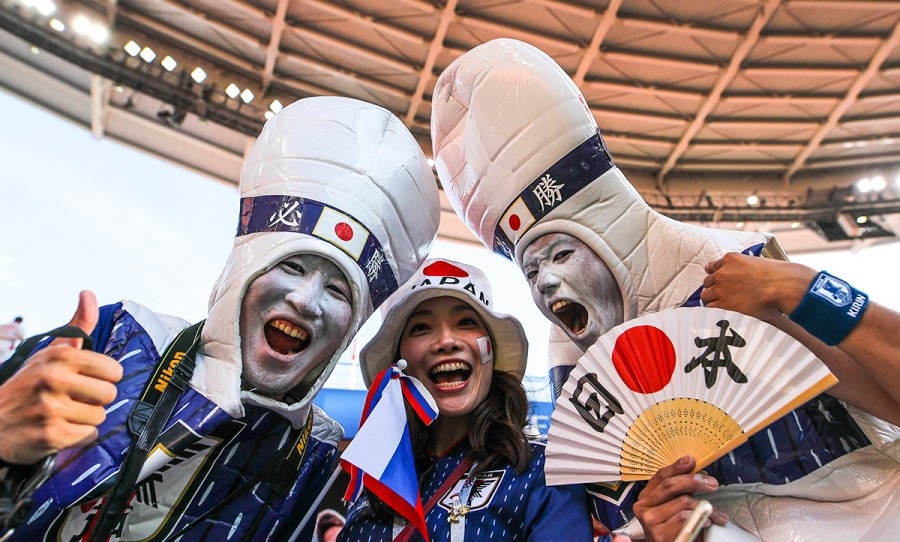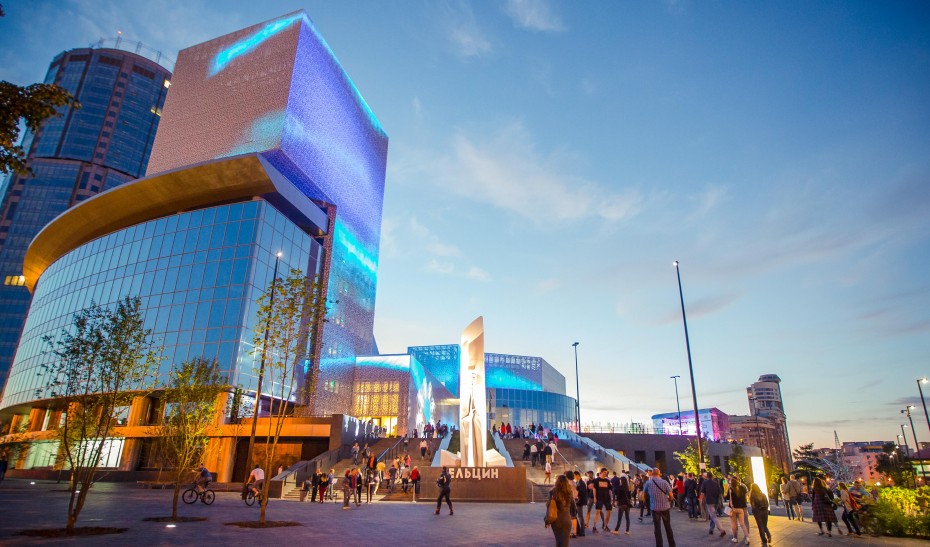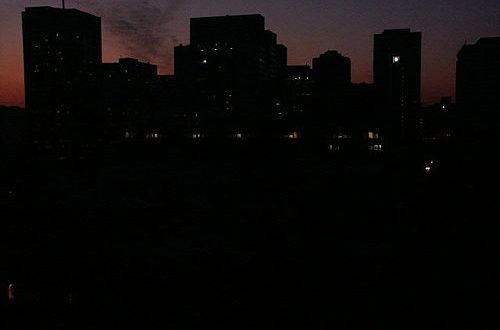The Ukrainian Orthodox Church continues a struggle for becoming fully self-governing, or autocephalous, and is seeking the support of the Ecumenical Patriarch of Constantinople.
Yet, Ecumenical Patriarch Dimitri Bartholomew said he was not happy with the failure of Ukraine President Pytro Poroshenko to invite 25 ruling bishops to join a new formation of the Orthodox Church in Ukraine. So far, there is only one Metropolitan Simeon (Shostatsky) of Vinnitsa and Bar who has joined the newly-formed Church structure. According to the Poroshenko’s proposal to Bartholomew, the new Church would unite 43 parishes including 33 parishes of Kiev Patriarchate, 9 parishes of Ukrainian Autocephalous Church and 1 parish of Moscow Patriarchate.
Earlier this year, Bartholomew requested $20 Million from Poroshenko to support his plan for an independent Church. Bartholomew also demanded that a new autocephalous church would operate in accordance with the Fener law that warrants absolute subjection to Constantinople Patriarchate.
Bartholomew also added that the Istanbul-based Patriarchate granted independence status to the Russian Church in the 16th century and then to the Orthodox churches of the Czech Republic and Slovakia in 1998, Istanbul-based Anadolu Agency reported.
However, the deal might not be as good as it seems for Ukraine: after gaining independence Greece will own all 6000 parishes of Kiev Patriarchate leaving Ukrainian Patriarch Filaret empty-handed and with no Russian Orthodox Church support.

